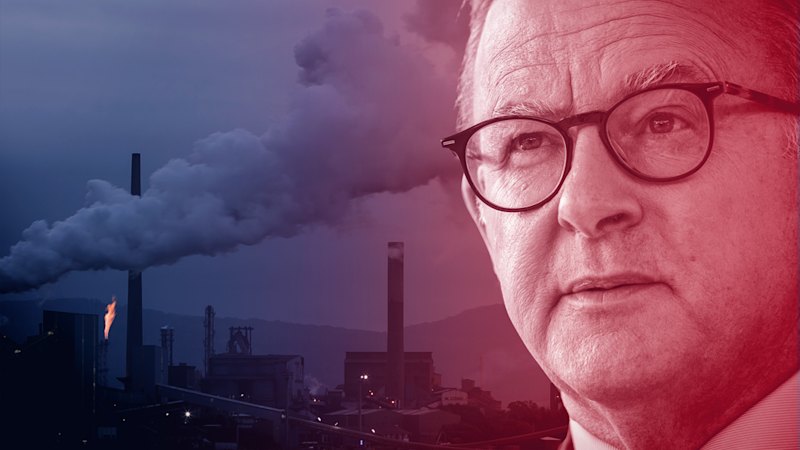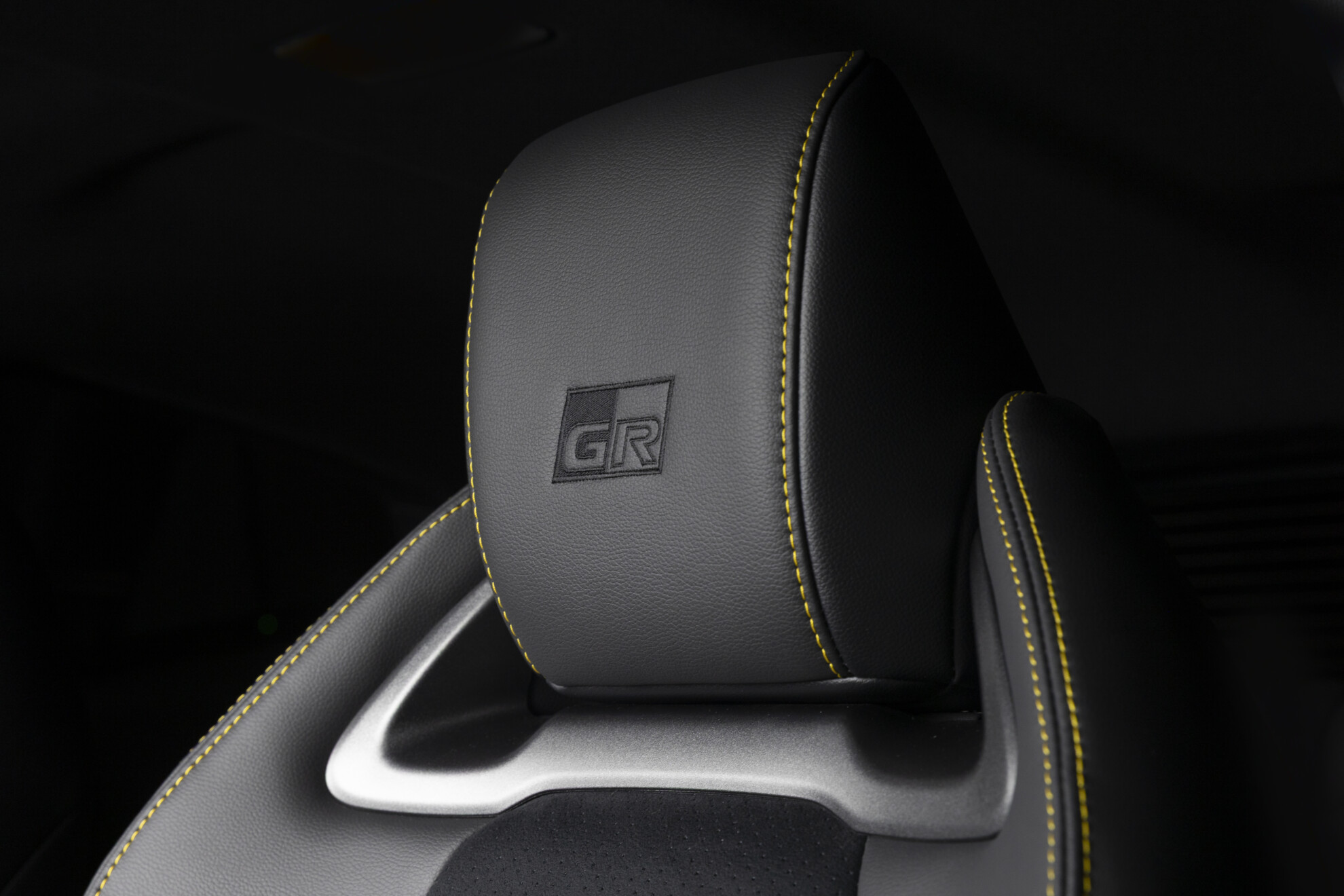
Almost one in three Australians are calling for the Albanese government to abandon its commitment to achieving net zero emissions by 2050. This sentiment emerges on the eve of a crucial Coalition meeting, poised to formalize its climate policy after enduring months of internal discord.
According to an exclusive poll, nearly half of the respondents believe Australia will not meet its 2030 emissions-reduction target of 43% against 2005 levels. The nation appears to be on a trajectory that falls short of this goal, yet 22% of those surveyed remain optimistic about reaching the 2030 target, while 29% are uncertain.
Political Tensions and Policy Decisions
The findings arrive just before a pivotal meeting of the Liberal party room, scheduled for noon on Wednesday, to decide on maintaining the net zero by 2050 commitment. The Liberal Party has faced internal strife over the former Morrison government’s pledge, a commitment that was only legislated by Labor in 2022. The recent decision by the Nationals to reverse their stance and oppose the target has further deepened these divisions.
Liberal members of the shadow cabinet are set to convene on Thursday for additional discussions before the party meets with its Coalition partners, the Nationals, on Sunday to negotiate a unified stance.
Public Opinion on Climate Goals
The Resolve Political Monitor survey, conducted for this publication, reveals that just over a quarter of respondents support retaining the net zero target, with 26% advocating for Australia to do “everything it takes to meet it.” Meanwhile, 28% view net zero as an “aspirational goal” rather than a binding commitment.
In a setback for the government’s policy, 31% prefer options that favor abandoning the net zero target, with 19% supporting “action on emissions where affordable” and 12% desiring “little or no action” on climate change. An additional 15% of voters remain undecided.
The poll of 1,804 respondents was conducted from November 4 to 8 and has a margin of error of plus or minus 2.3%.
Challenges and Expert Insights
According to the federal Department of Climate Change, Energy, the Environment and Water, Australia is on track to reduce emissions by 42% by 2030, just 1% shy of the legislated target. However, many experts warn that Australia’s large-scale renewable energy projects have stalled, threatening the achievement of the 43% target.
The Independent Climate Change Authority’s September report stated that without a significant ramp-up in emissions reduction efforts, Australia would reduce emissions by 51% in 2035. Australia’s 2035 target is an emissions cut of 62 to 70%.
Support for the 2030 target varies significantly among political affiliations. Labor and Greens voters (both 36%) are more inclined to support comprehensive efforts to meet the target, a stance that is less popular among Coalition and other voters.
Shifts in Voter Sentiment
Overall, only 17% of Coalition voters want Australia to maintain the target and strive to achieve it, while 24% prefer the net zero target to remain an aspiration. Meanwhile, 30% support abandoning the target in favor of affordable action, and 17% of Coalition supporters wish to scrap the target altogether.
These findings will likely bolster Coalition opponents of net zero, as they reflect a majority of the party’s members and supporters. This shift comes amid the United States’ withdrawal from the Paris Agreement, rising power prices, and increasing cost-of-living pressures on voters.
In September 2021, a Resolve poll indicated that support for the 2050 net zero target was 57% among Coalition voters and 60% overall.
Public Willingness for Personal Contributions
When asked about their readiness to contribute personally to emissions reduction by 2030, 23% of voters expressed willingness to forgo gas in their homes in favor of electricity, matching the 23% who already live in gas-free homes.
Nearly 40% of respondents reported having solar panels, with another 20% willing to install them by 2030. However, 13% were unlikely to install panels, and 29% remained undecided.
Home batteries, potentially due to their high cost, are less popular, with 25% likely to install them, 22% not very likely, and 44% undecided. Only 10% currently have a battery.
Switching to an electric vehicle (EV) was the least favored personal contribution, with just 24% likely to switch by 2030, and a mere 3% already owning one.
As the nation grapples with these complex issues, the outcomes of the upcoming political meetings and public sentiment will play a crucial role in shaping Australia’s climate policy and its future environmental commitments.







